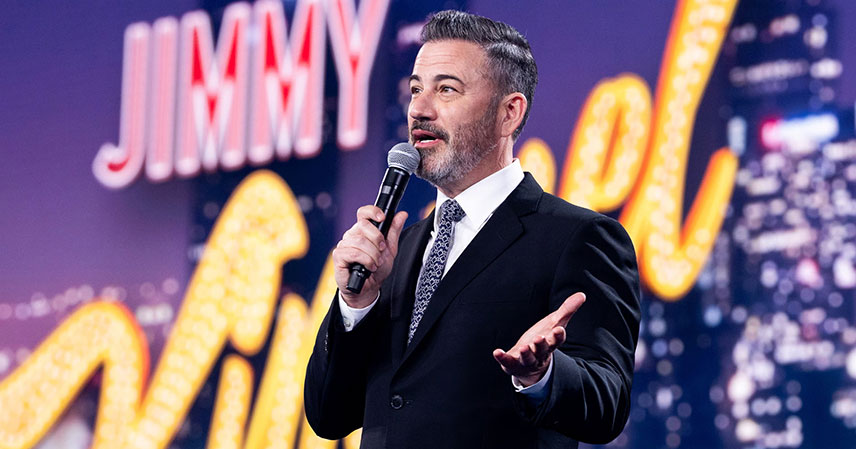The Controversy: Kimmel’s Comments and Disney’s Response 🤔
Jimmy Kimmel, the veteran late-night host, found himself at the center of a maelstrom after comments he made about the MAGA movement and conservative commentator Charlie Kirk were deemed “insensitive” by Disney, the parent company of ABC, which airs Jimmy Kimmel Live!. The exact nature of the comments remains somewhat unclear, with Disney offering little in the way of specifics beyond the vague “insensitive” label. This lack of transparency immediately fueled speculation and raised concerns about the potential for corporate censorship and the chilling effect on free speech. The brevity of the suspension—a mere week—further added to the intrigue and allowed for widespread debate on the implications of Disney’s actions.
The incident highlighted the precarious position of late-night hosts, who often rely on satire and edgy humor to comment on current events. Balancing the need for social commentary with the potential for offense is a tightrope walk, and Disney’s reaction suggests a growing sensitivity to criticism from conservative circles. This begs the question: where is the line between acceptable commentary and grounds for suspension? The lack of clear guidelines from Disney leaves this question unanswered, fostering uncertainty for Kimmel and other late-night hosts.
Free Speech in the Age of Corporate Media 🗣️
The Kimmel situation reignites a long-standing debate about the intersection of free speech and corporate media. While the First Amendment protects against government censorship, it doesn’t extend to private entities like Disney. This leaves individuals employed by these corporations vulnerable to policies that may restrict their expression, particularly when those expressions clash with the company’s perceived interests or values. The incident serves as a stark reminder that freedom of speech is not absolute, even within the context of a seemingly free and open media landscape.
Many argue that Disney’s decision to suspend Kimmel, however brief, sets a dangerous precedent. It suggests that corporations can exert undue influence on public discourse by silencing dissenting voices or those who challenge prevailing narratives. This concern is amplified by Disney’s considerable influence on media consumption and its reach into various entertainment sectors. The potential for self-censorship among employees, fearing similar repercussions, is a chilling thought that warrants further scrutiny.
The Implications and the Future of Late-Night Television 📺
The reinstatement of Jimmy Kimmel, while seemingly resolving the immediate crisis, leaves a lingering sense of unease. The lack of clear justification from Disney raises concerns about the arbitrariness of such decisions. What constitutes “insensitive” commentary? Who decides? The absence of transparency suggests a potential for future incidents and leaves other late-night hosts vulnerable to similar actions. This ambiguity introduces a chilling effect, potentially leading to a self-censorship phenomenon where hosts shy away from controversial topics to avoid the wrath of their corporate overlords.
The incident also forces a reconsideration of the role of late-night television in contemporary society. These shows have traditionally served as platforms for social and political commentary, often pushing boundaries and challenging the status quo. Disney’s actions suggest a potential shift away from this critical role, potentially leading to a homogenization of late-night programming and a decline in bold, thought-provoking content. The long-term impact on the genre remains to be seen, but the Kimmel situation certainly casts a long shadow.
Key Insights 💡
- Corporate Censorship: Disney’s actions highlight the potential for private corporations to exert significant influence on public discourse.
- Chilling Effect: The ambiguity surrounding Kimmel’s suspension may lead to self-censorship among other late-night hosts.
- The Future of Late-Night: This incident raises concerns about the future of bold, critical commentary in late-night television.
The Jimmy Kimmel situation is more than just a single celebrity’s suspension; it’s a microcosm of the larger issues surrounding free speech, corporate power, and the evolving landscape of media. The long-term consequences remain to be seen, but the incident serves as a potent reminder of the delicate balance between entertainment, commentary, and corporate control.
This article was synthesized from the following source:



